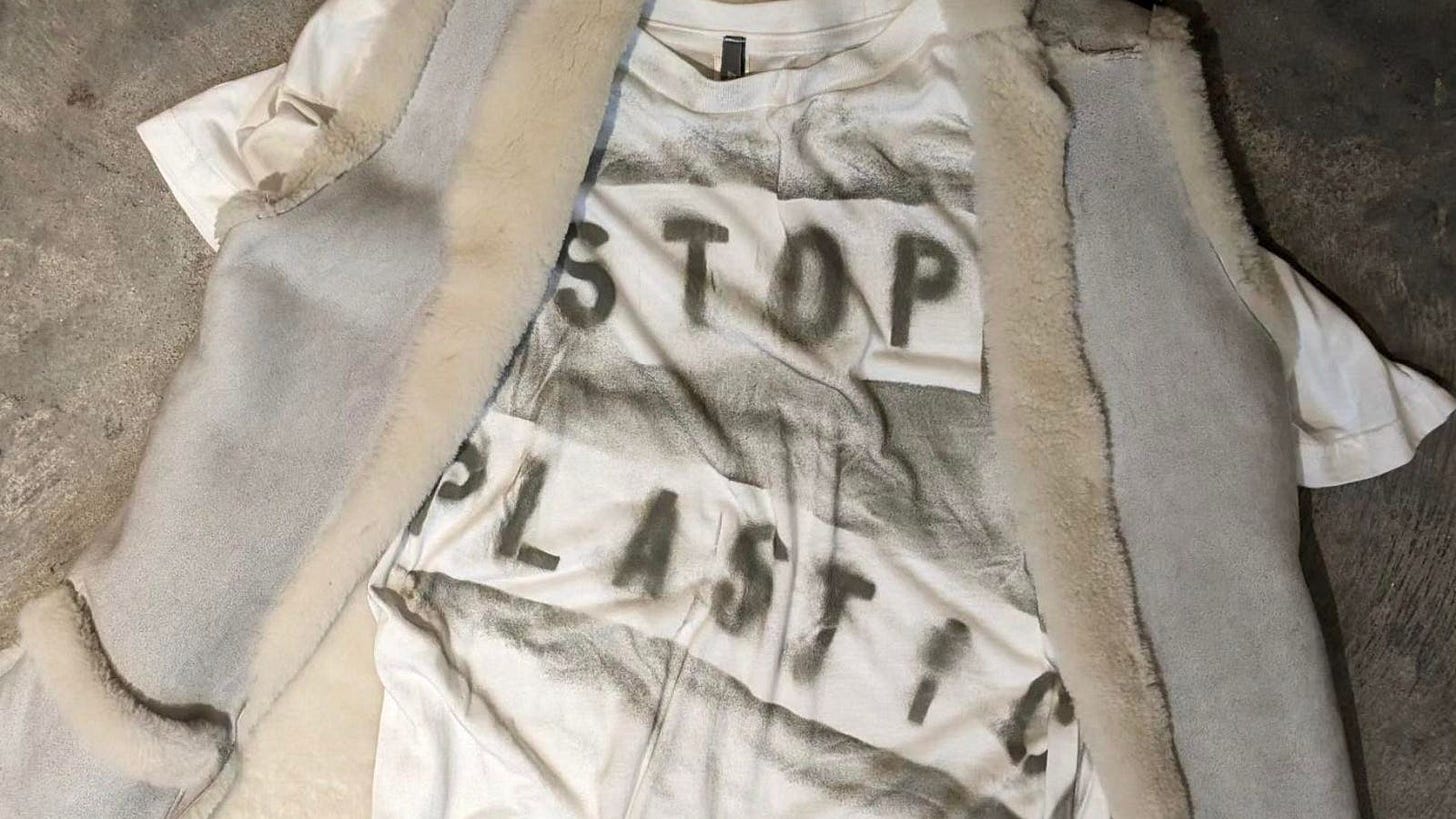Sustainability Edit: M&S introduces repairs, the reality of Better Cotton initiative and more.
Our sustainability picks across the interwebs this week raise questions of legitimacy of brands in their sustainabiltiy efforts across fast-fashion and luxury.
Long considered to be sustainable, luxury is going through a slow reveal of their supply chain to consumers because of growing global pressures. While fast-fashion grapples with the issue of bad PR and greenwashing, I think there’s a need for massive shift in business models that these small efforts are not going to fix.
One such model is repairs. The French government launched a program, called the "Repair Bonus" funded with €154 million over five years. Here, people can get a credit of €6.73 to €28.05 for repairs on clothes and shoes, depending on the complexity of the repair. Partner repair businesses registered with the program handle the repairs and claim the reimbursement from the government agency, Refashion.
The goal is to increase the number of clothing repairs in France by 35% by the end of 2028.
Some good stuff coming from M&S exhibiting a way to introduce repairs service as an option for brands today.
Marks & Spencer to launch clothing repairs service
The move comes as retailers try to encourage more sustainable habits among their shoppers.
www.bbc.com/news/articles/cpe35e7kgnzo
You may be surprised to learn that nearly 60% of global executives surveyed admitted to greenwashing.
This is both disturbing and unsurprising given just how important sustainability is to today’s consumer. Recent data reveals that 78% of global consumers say that environmental sustainability is important to them and 84% say poor environmental practices will alienate them from a brand.
Jane Hansen from Forbes explores the ways to do sustainable luxury.
Stop Wrapping Yourself In Plastic- And Other Tips For Scaling Sustainable Luxury
Fashion giants H&M and Zara implicated in environmental and social abuses in Brazil
A new report alleges that major fashion brands like H&M and Zara are sourcing cotton linked to concerning practices in Brazil. These include land grabs, illegal deforestation, violence, human rights violations, and corruption.
The cotton in question is reportedly cultivated by two large Brazilian agribusinesses, SLC Agrícola and the Horita Group. These companies operate in western Bahia, situated within the Cerrado biome. This critical ecosystem, already heavily impacted by deforestation for industrial agriculture in recent decades, is experiencing worsening deforestation compared to the Amazon.
The Cerrado boasts exceptional biodiversity, with 5% of the world's species calling it home. Habitat loss due to ongoing deforestation threatens to push many of these species towards extinction.
The report further highlights the plight of traditional communities who have lived sustainably within the Cerrado for centuries. These communities have faced land theft and violence at the hands of agribusinesses catering to the global cotton market.





